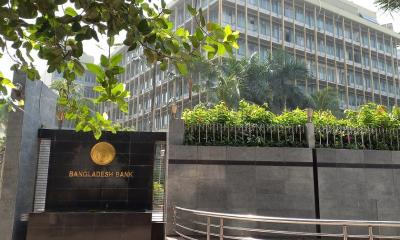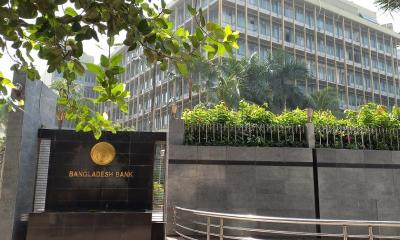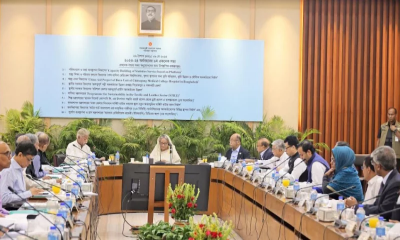Bangladesh witnessed a notable decrease in inward remittances by 7.77% to US$1.99 billion in March, deviating from the expected increase ahead of Eid, according to the latest data released by Bangladesh Bank on Monday.
This decline comes as a surprise, especially since February recorded a high of $2.16 billion in remittances from Bangladeshis living abroad, marking an eight-month peak.
The usual trend sees a spike in remittances as expatriates send more money home to support their families during Eid. However, this period has shown an unexpected downturn.
Industry insiders attribute the fall to an increase in remittances sent through unofficial channels, or Hundi, prompted by more favorable exchange rates for the US dollar outside the formal banking system.
Economist Dr. Ahsan H. Mansur highlighted that remitters are opting for Hundi, where the exchange rate is Tk 5 to 7 higher per US dollar, over official channels. This shift has sparked concerns about the impact on the country`s foreign exchange reserves.
Bangladesh Bank`s executive director and spokesperson, Md Mezbaul Haque, remarked that despite the dip in March, the flow of inward remittances has risen through legal channels due to governmental and banking incentives.
Haque remains optimistic that remittance figures will rebound in April, citing measures taken by the central bank to encourage remittances through formal avenues. These include directives for banks to offer additional incentives from their resources, complementing the government`s existing 2.5% incentive on expatriates` incomes.
"By allowing banks to purchase dollars at an additional 2.5% higher rate, we aim to make the legal channels more attractive for sending remittances," stated Mezbaul, underscoring efforts to counter the reliance on informal remittance routes and stabilize the remittance inflow.






































